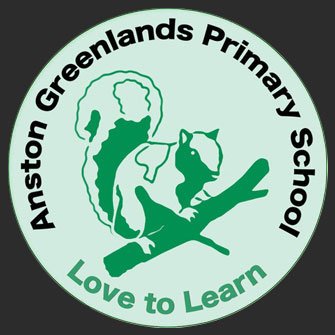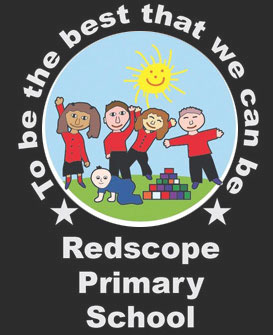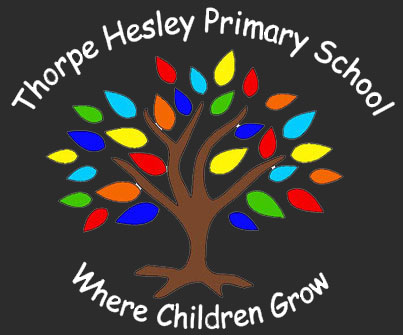News
Check out the
latest news stories
-
-

Wrens Visit the Butterfly House
We had a great day at the Butterfly House. We might have had a short journey on the coach, but we did like it! We arrived and quickly had a…
Read more…
-

The Boy at the Back of the Class
The Golden Eagles and Snowy Owls had a fantastic time when they visited Sheffield Lyceum Theatre to see a production of ‘The Boy at the Back of the Class’. The…
Read more…
-

Our Eggcellent Easter Concert
The Snowy Owls and Golden Eagles put on a fantastic concert for a large audience of family and friends on the evening of Monday 25th March. We were so proud…
Read more…
-

Merlins and Ospreys: The Science Fair!
Our topic this term has been the Science Fair: we have been working scientifically on a variety of science topics, and learning about famous inventors and scientists. Children then chose…
Read more…
-

A great day at Sundown!
Robins and Chaffinches had a fabulous day out on Thursday at Sundown Adventureland. We virtually had the park to ourselves and enjoyed all the rides and attractions on offer. A…
Read more…
-
What our
headteacher
“We are committed to providing a high quality, engaging and meaningful education for every child in our school and this goes to the root of everything we do!”
Mr. A Wirth









